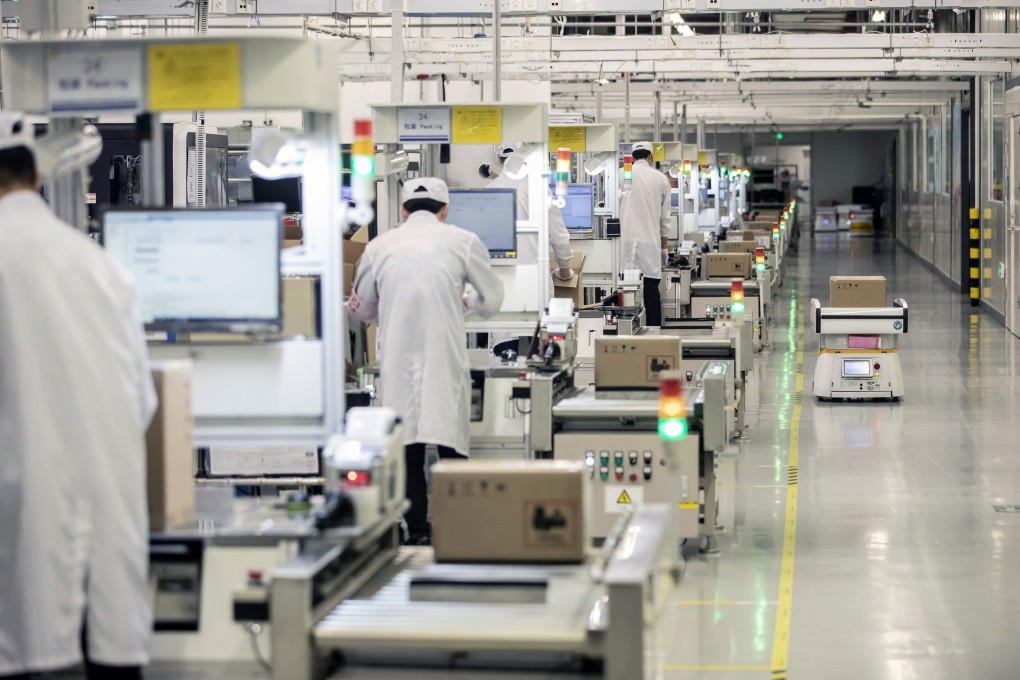Advertisement
China’s tech sector faces ‘hangover after the party’, with trade war and economic slowdown hitting employment
- Tech sector demand for new hires down 25 per cent in first quarter from a year earlier, while jobs seekers up 37 per cent, meaning demand outpaces supply
- Baidu, Tencent and JD.com are all ‘optimising’ their workforces, as analysts point to a sector in decline after years of expanding at an unrealistic pace
Reading Time:4 minutes
Why you can trust SCMP

Yang Shao, a Shenzhen-based technology sector headhunter, sees a great deal of uncertainty in the current job market.
Far from the gung-ho hiring policies of recent years, tech companies are hesitating at the final stage of the recruitment process, wondering whether they can afford the candidate, or whether they really need them.
In some cases, companies fabricate vacancies just to talk to people and get a sense of the job market. This sort of behaviour happened before, but is occurring with greater frequency now in Shenzhen, China’s premier tech hub, Yang said.
Advertisement
“I have worked in the industry for six years. The job market now is less active than 2015/2016 [during the last major economic slowdown],” said Yang, who works for recruitment agency Michael Page and recruits a range of hi-tech professionals for big and small tech firms in the Guangdong city.

Once a booming industry that offered dream jobs to China’s young talents, China’s tech sector is now waking up to the sobering reality. Experts say it is time to focus on profitability, rather than the wild expansion of previous years, as China’s economic growth slows and the trade war with the United States hits sentiment and investment.
Advertisement
Advertisement
Select Voice
Select Speed
1.00x